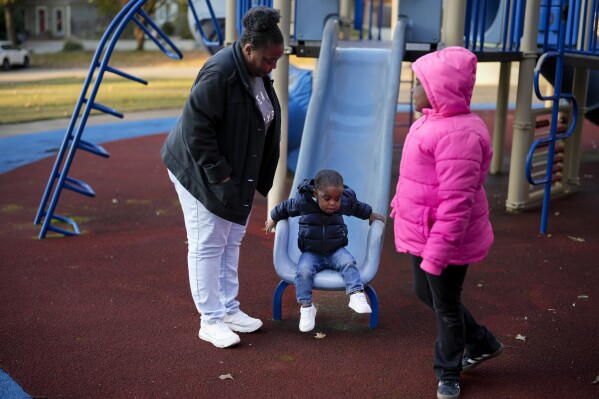**States with Restrictive Abortion Laws Have Weaker Safety Nets**
Tennessee is a good example of how this plays out. The state has strict abortion laws, and as a result, mothers and young children have fewer safety nets to rely on.
**Doctor Shortages and Limited Access to Healthcare**
Residents of childbearing age in Tennessee are more likely to live in areas with limited access to healthcare services. Women, infants, and children are less likely to be enrolled in the government-funded WIC program, which provides nutrition assistance.
**Limited Medicaid Coverage**
Tennessee has not expanded its Medicaid program to cover a greater share of low-income families. This means that many residents who earn too much to qualify for Medicaid but not enough to afford private insurance may go without healthcare coverage.
**The State’s Response**
Republican Governor Bill Lee says his administration has enhanced services, including increasing Medicaid coverage for mothers from 60 days postpartum to one year. However, a federal judge recently ruled that the state’s Medicaid program unlawfully terminated coverage for thousands of families and had a “lethargic” response to paperwork problems.
**Navigating Safety Net Programs Can Be Difficult**
Many moms find it hard to navigate aid programs due to red tape and other challenges. For example, Anika Chillis from Memphis was on WIC but went without because of a mistake during the renewal process. Taylor Cagnacci from Kingsport missed an appointment and struggled to get recertified for food stamps.
**The Issue Goes Beyond Tennessee**
Women with young children in states where abortion is banned or limited face similar challenges in getting social services, according to a survey by KFF. Nearly half of respondents said it’s difficult to get food stamps, compared to 3 in 10 in states where abortion is generally available.
Read More @ apnews.com













